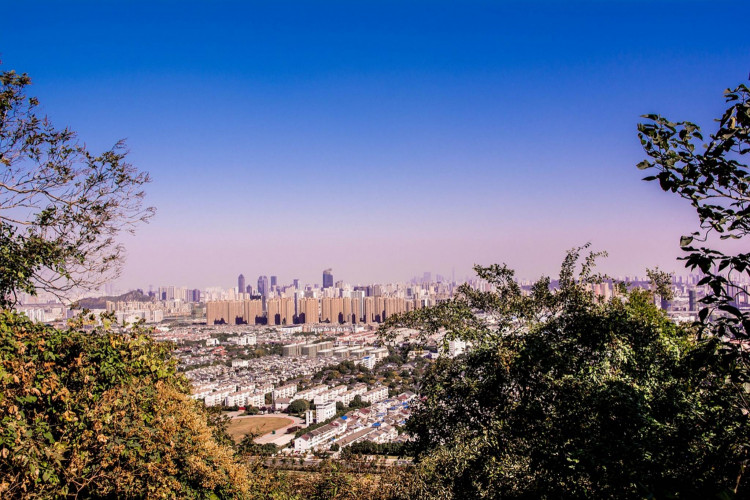Foreign capitalists are now flocking into the Jiangsu Province of East China, after the area was designated by the government as a free trade zone.
Since it was established in September last year, Jiangsu's Suzhou area where the pilot FTZ was formed has seen contracted foreign investment hit the $646 million mark.
Leading US healthcare company Johnson & Johnson opened a branch in the Suzhou Industrial Park, part of Jiangsu's pilot FTZ, in 2006.
According to Johnson & Johnson Medical (Suzhou) Ltd general manager Theerayoot Aiemtheerakul, the solid infrastructure, innovative talents and abundant resources, including an efficient local and international logistics network at the Suzhou Industrial Park, "motivated us to settle here."
Aiemtheerakul stated that part of their commitment is to serve the Chinese market in an efficient and faster way. "We believe the future is promising, considering the benefits and opportunities the FTZ may bring."
As a significant part of Jiangsu's pilot FTZ, the Suzhou Industrial Park is a flagship venture jointly built by the Singaporean and Chinese governments in 1994.
Japanese enterprise Transcosmos unveiled a base in the SIP, mainly focusing in the development of operating systems. In 2019, Transcosmos recorded revenues of around 80 million yuan and the number is seen to rise up to 100 million yuan (about $14.5 million) by the end of the year.
Suzhou Transcosmos Information Creative Ltd general manager, Zhang Mingliang, said he feels satisfied with the "favorable business environment" given by the local government, which has posted a series of measures to fast-track administrative approvals and cut down operational costs.
Jiangsu's pilot FTZ is expected to establish financial funds of approximately 12 billion yuan, which will yield up to 66 million Yuan for its new financial headquarters to boost skills, start-up capital and site logistics and construction.
The move is intended to create three corporate financial institutions and 30 functional bases to push for the formation of 300 high-quality scientific and technological undertakings, Liu Xiaomei, deputy director of the SIP Administrative Committee, said.
China's free trade regions have an impressive resume of attracting foreign capitalists. In the first six months of 2019, the country's first 12 FTZs attracted almost 70 billion yuan in foreign investments, accounting for 15 percent of China's total, Wang Shouwen, Chinese vice minister of commerce, disclosed.
The country announced a master plan last August for the construction of six new free trade zones in a strategic move-to-move forward with reform in the new era.





